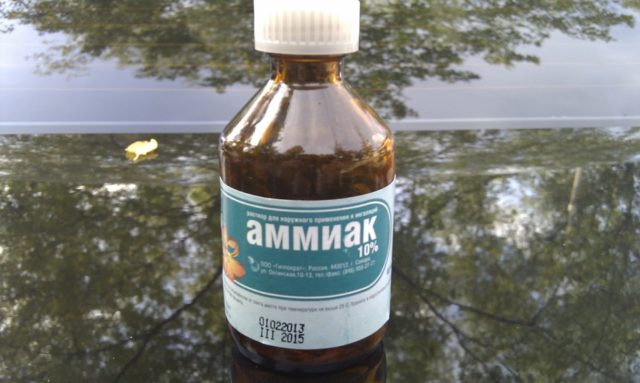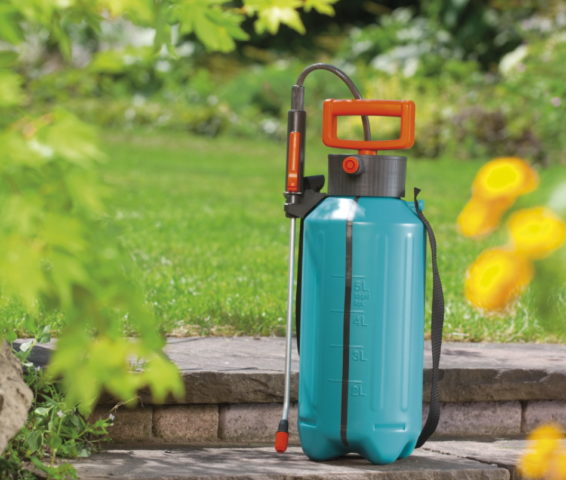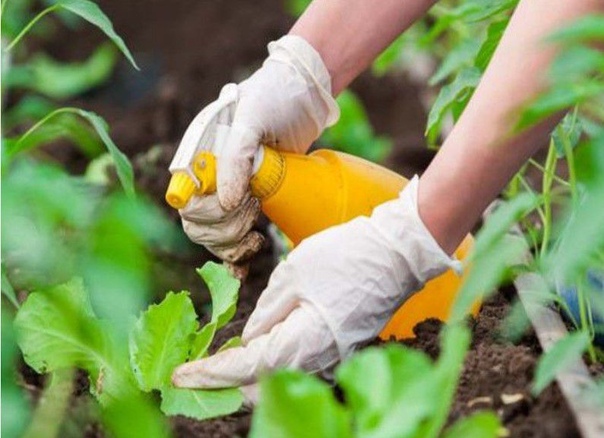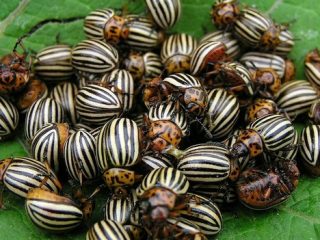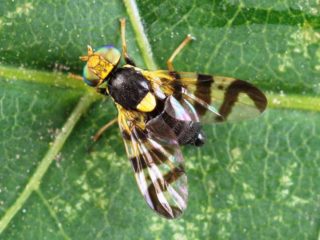Content
Gardeners who do not recognize chemical additives when growing crops and gardeners who are loyal to drugs for combating diseases and pests can water cabbage with ammonia. The substance has found application not only for medical purposes, but also for the processing of vegetable crops. It must be diluted in strictly defined doses, in compliance with safety rules. Only in this case is it useful in the garden.
Is it possible to water cabbage with ammonia from pests
An aqueous solution of ammonium hydroxide is a nitrogen compound. In practice, it is often used for medical purposes - for disinfection. Many people are familiar with the specific pungent smell of ammonia. It is explained by the presence of volatile components in the composition. Although the odor fades quickly, it can be used to repel insects by watering crops in need of protection.
Ammonia is used to rid cabbage of caterpillars, aphids and other pests. Slugs, caterpillars, bears are especially sensitive to ammonia.
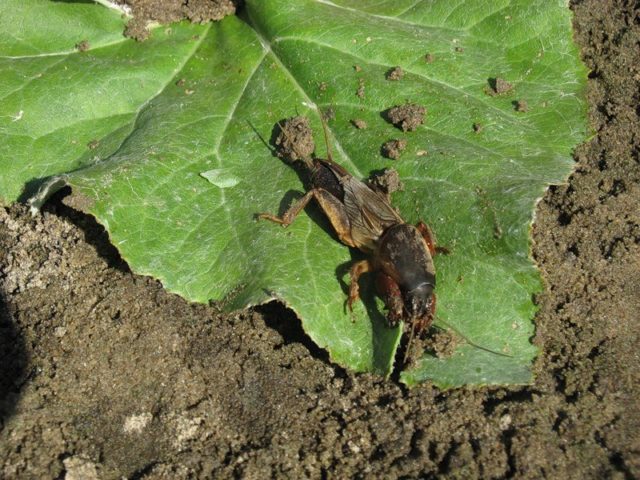
It is quite difficult to take a medvedok out of the garden - repeated treatments may be required
Another goal that summer residents achieve when they decide to water the cabbage with ammonia is top dressing, soil enrichment. The substance contains nitrogenous compounds. And nitrogen, as you know, is essential for the development of plants. Its deficiency leads to a slowdown in the growth and formation of ovaries, or even to their complete absence.
Despite the obvious benefits of the substance, its use may be unsafe. The pungent smell negatively affects not only pests, but also humans. It causes headaches, skin irritation and burns, vomiting and even respiratory arrest. Therefore, before watering the cabbage, it is important to take care of your own protection and prepare:
- rubber gloves that will protect the skin of the hands from redness and chemical burns;
- respirator or gauze bandage necessary to protect the respiratory system;
- protective clothing that will cover the body.
How to dilute ammonia for cabbage
Before pouring ammonia on the cabbage, you need to determine the proportions, learn about the features of its use. The oversaturation of the soil with ammonia can lead to the fact that the leaves will get burned and begin to accumulate nitrates harmful to humans, and the cabbage itself will get burns.
How to properly dilute the product to water the plants is described in the table.
The purpose of the solution | Proportions | Processing features |
Fertilizing the soil, preparing for planting cabbage | 50 ml of ammonia per 10 liters of water | It is carried out only with an acute deficiency of nitrogen in the soil, 2 weeks before planting. |
Treatment of seedlings before planting in open ground | 10 ml of ammonia per 10 liters of water | The agent is introduced into the holes prepared for the seedlings, 500 ml each. The procedure protects against the appearance of pests and is harmless to young plants, provides an additional source of minerals. |
Root top dressing | 6 tbsp. l. ammonia, 10 liters of water | First, the cabbage must be thoroughly watered with water, then add 500 ml of the substance under each plant. |
Use as an insecticidal agent | 50 ml of ammonia solution, 50 g of laundry soap, 10 l of water | Grind the soap, add warm water, then dilute in a bucket. Treat cabbage with ammonia from pests twice with an interval of 10 days. |
Prevention of the appearance of insect pests on young cabbage | 25 ml of ammonia solution, 10 l of water, 50 g of laundry soap | The culture is treated once a week to protect it from aphids, caterpillars, slugs. |
How to water cabbage with ammonia from pests
Spraying with ammonia solution is an effective way to control insect pests. The procedure is carried out in several steps:
- The required amount of ammonium hydroxide solution is added to a container with water.
- The product is mixed well and poured into a sprayer.
You can water cabbage to combat various pests:
Insect pests | Proportions | Processing features |
Snails, slugs | 40 ml of an aqueous solution of ammonium hydroxide, 6 liters of water | Watering cabbage with ammonia from slugs should be carried out, paying special attention to the underside of the leaves. Treat the soil around. |
Aphid | 3 tbsp. l. ammonia, 10 l of water, 50 g of laundry soap | Drizzle with freshly prepared product twice, with an interval of 2 weeks. |
Caterpillars | 50 ml of an aqueous solution of ammonium hydroxide, 3 tbsp. l. vinegar essence, 10 l of water | Ammonium from caterpillars on cabbage is used once a month. They wash both sides of the leaf plates, trying to expand the head of cabbage as much as possible. |
Medvedki | 10 ml of an aqueous solution of ammonium hydroxide, 10 l of water | Water the culture at the root, repeat the procedure twice with a break of 7 days. |
Useful Tips
Gardeners share their own experience on how to water a culture using ammonia:
- It is better to water the plants from a watering can with a shower head. Atomizers spraying fine suspension are not suitable for this purpose, since ammonia evaporates quickly, and its use becomes ineffective.
- Simultaneously with the treatment of cabbage with ammonia, nitrogen fertilizers cannot be used, as this leads to an excess of nitrogen in the soil.
- If there are lesions on the leaves, they must be removed.
- Before watering vegetables, the soil should be slightly moistened.
The best time for the procedure is morning or evening
Conclusion
If you water the cabbage with ammonia, you can simultaneously solve two problems: scare off insects with a pungent smell and enrich the soil with nitrogen necessary for the growth and development of the culture. The tool is used for pest control and prevention. In the right proportions, it is harmless.
